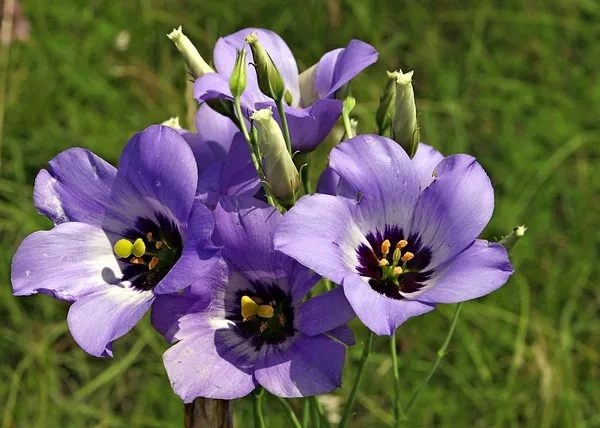Botanists are poised to make a historic decision regarding the nomenclature of numerous plant species deemed to bear offensive names.
This week, at the International Botanical Congress in Madrid, the body responsible for establishing guidelines for naming plant species will vote on proposals to rename dozens of organisms whose scientific designations include racial slurs or honor colonialists and advocates of slavery. This marks a significant moment as taxonomists formally address the issue of offensive names within their field for the first time.
Advocates supporting these proposals argue that just as broader society confronts historical injustices by reassessing public commemorations, science too must adapt. However, there are concerns within the taxonomic community that mass renaming could introduce confusion into scientific literature and set a precedent that threatens any species name based on an individual.
“It’s regrettable that many of these names are offensive,” remarked Alina Freire-Fierro, a botanist at the Technical University of Cotopaxi in Ecuador. “Changing established names could lead to substantial confusion.”
Proponents of the changes highlight that taxonomy is a dynamic field where rules for plant names are regularly updated. They argue that removing egregiously offensive names is a modest adjustment compared to the substantial revisions already prompted by advances such as genetic analysis, which often leads to the splitting of species or reveals new relationships.
Lennard Gillman, a retired evolutionary biogeographer from New Zealand, voiced support, stating, “Having a mechanism to rectify some of the most offensive names would be beneficial.”
Every six to seven years, taxonomists convene at the International Botanical Congress to revise naming rules for plants, fungi, and algae. This year, the Congress will consider two key proposals addressing culturally sensitive names.
One proposal seeks to rename approximately 218 species currently using variations of the term ‘caffra’, a racial slur in southern Africa, with names recognizing Africa instead. The other proposal aims to establish a committee to review and revise offensive and culturally inappropriate names.
Preliminary voting indicated significant support for change, with nearly half of respondents favoring renaming species like Erythrina caffra to Erythrina affra. However, the final decision hinges on a super-majority vote of 60%, which will depend on the attendance and institutional votes at the Congress.
Gideon Smith, a plant taxonomist from South Africa’s Nelson Mandela University, anticipates a closely contested vote on the ‘caffra’ amendment, emphasizing the importance of eliminating racial slurs from scientific terminology.
Kevin Thiele of the Australia National University proposed creating a mechanism to address offensive names judiciously, emphasizing that stability in species names remains a priority unless names are particularly egregious.
While some researchers advocate for broader changes, such as ending the practice of naming species after individuals altogether, concerns remain about equity and the potential loss of opportunities for scientists, particularly in the global south, to honor local figures through species naming.
Alexandre Antonelli, director of science at Kew Gardens, expressed sympathy for these concerns but cautioned against diverting limited resources from biodiversity conservation efforts.
As discussions unfold at the Congress, the outcome of these proposals will not only shape the future of plant taxonomy but also reflect broader societal shifts towards inclusivity and historical reckoning.


